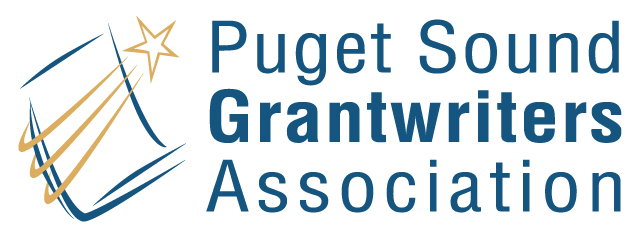Review the Freelance Grantwriters List, which features a wide variety of contractors living in western Washington. For other parts of the country, try the GPA list.
What should we look for?
- Contractors who have experience with your service, population, and geography. Your group may be unique, so look for transferable skills and contacts.
- A good match between the grantwriter’s experience and the skill level you need for the job.
- Are we compatible? Can we communicate? Does this writer’s work style (organizational skills, demeanor, and approach to deadlines) fit with our operational practices and culture?
- Do we share a vision?
What should we ask?
- Are you accepting new clients now? (Good grantwriters are much in demand.)
- Would you be interested in working with us on this project?
- What is your experience in our field?
- May we see your resumé and writing samples?
- How do you charge? (By the hour? By contract? How much?)
Do’s and Don’ts
Grantwriting contractors do:
- Require that your organization be ready to write grants or at least be willing to work hard to get there.
- Work for rates between $40-$200 an hour, or by the project (Rates in the Northwest tend to be somewhat lower than on the East Coast.) ; Consultants with deeper and broader expertise provide more value and therefore charge more.
- Research funding sources and help you make your project appealing to funders.
Grantwriting contractors do not:
- Write on commission, take deferred payment or work for a percentage of the grant. They do not work pro bono unless it is their own idea.
- Write for individuals, with few exceptions. Artists should contact Artist Trust for their needs.
- Many do not work with start-ups. See “Do we need a grantwriter?“
Variables that affect cost:
- The organization’s level of preparedness. Can your staff provide information quickly and accurately? Will the grantwriter need to create background documents for you? Grantwriting often exposes gaps in organizational readiness or program design that have to be solved to successfully compete for grants. Top level grantwriters can help you with this, but it will add time and expense.
- The organization’s experience with grantseeking: Is there an archive of information and successful proposals to pull data from? Is your budget staff available to work with a grantwriter? Have you tied your outcomes to your program activities and budget? The more you have ready, the faster the grantwriter can complete a proposal.
- The grantwriter’s experience with your sector (housing, social services, capital campaigns, etc.): Time will vary depending on how familiar the grantwriter is with your area of service, geography, and clientele.
- The degree of proposal complexity: There is a great difference between, say, a proposal for a small family foundation and a federal request for proposal (RFP). Some foundation grants are four to five pages, which might take 15 to 25 hours to prepare, while a federal or capital proposal may take 100 hours or more. If the grantwriter has worked with you before, proposals will take less time.
